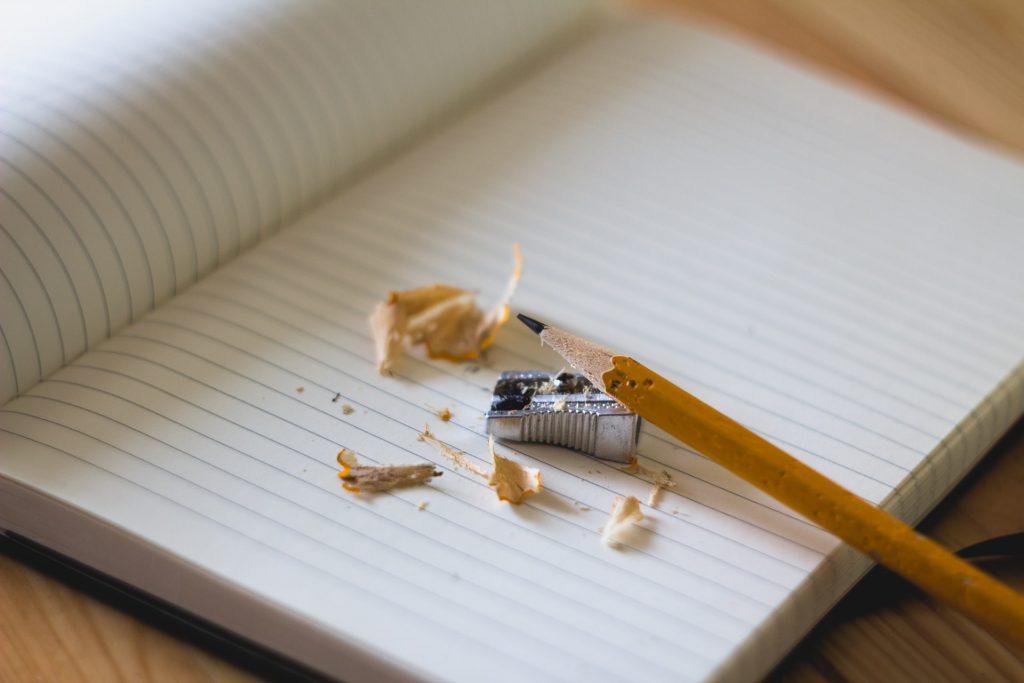How improv techniques will change the way you write
Below is a tell-tale description of a common style of scientific writing—used not only by philosophers and sociologists, but also by many scientists from all disciplines. In his book “Writing with power: techniques for mastering the writing process,” Peter Elbow tells us:
“One thinks about modern academics, especially philosophers and sociologists. Their language is often voiceless and without power because it is so utterly cut off from experience and things. There is no sense of words carrying experiences, only of reflecting relationships between other words or between “concepts.” There is no sense of an actual self seeing a thing or having an experience… Sociology—by its very nature?—seems to be an enterprise whose practitioners cut themselves off from experience and things and deal entirely with categories about categories. As a result sociologists, more even than writers in other disciplines, often write language which has utterly died.”

What can we do about it? How can we, as scientists, bring energy and life to our writing? No worries, there is a variety of available solutions. Let’s start with improvisational acting techniques, or improv techniques for short. Plenty of science communicators have successfully experimented with these techniques, and now swear by them.
Alan Alda, film and TV legend and founder of the Alan Alda Center for Communicating Science, has developed programs to teach scientists how to better speak about their work to nonscientists. Much of his approach is based on improv techniques. The exercises encourage scientists to pay attention to the audience’s reactions, and then adjust to them.
You don’t need to attend one of the Center’s workshops to practice improv, though. Improv only means that you are unscripted. It’s a fun activity—do it with your family, friends, or colleagues. Start by learning the improv rules and practice them multiple times over at least a few months. The goal is to get into a unique state of mind where you set yourself free and explore your creative mind.
Remember—it’s a transformative process that will lead you to be not only a better communicator, but also a lover of people. What you learn through improv techniques will change the way you write, as your writing is a reflection of the way you interact with others.
Take home messages:
- Fluency in improv techniques will encourage you to pay attention to the audience’s reactions, and then adjust to them.
- Improv techniques will lead you to a unique state of mind where you set yourself free and explore your creative mind.
- As you use your creative mind to interact with others, so you will use your creative mind to change the way you write—you’ll bring energy and life into your writing.
Don’t forget to add improv to your communication toolbox!